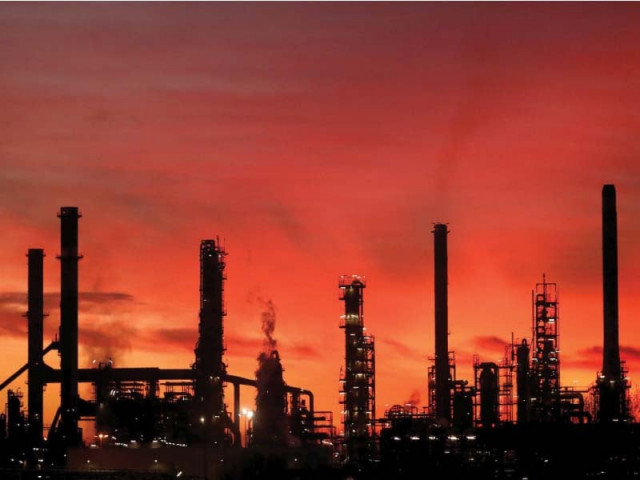Russian oil slashes OPEC’s share of Indian market
Share shrank to 22-year low as India becomes top client for Russian oil

OPEC’s share of India’s oil imports fell at the fastest pace in 2022/23 to the lowest in at least 22 years, as intake of cheaper Russian oil surged, data obtained from industry sources show, and the major producers’ share could shrink further.
Members of OPEC, mainly from the Middle East and Africa, saw their share of India’s oil market slide to 59% in the fiscal year to March 2023, from about 72% in 2021/22, a Reuters analysis of the data that dates back to 2001/02 showed.
Russia overtook Iraq for the first time to emerge as the top oil supplier to India, pushing Saudi Arabia down to No3 in the last fiscal year, the data showed.
OPEC’s share shrank as India, which in the past rarely bought Russian oil due to high freight costs, is now the top oil client for Russian seaborne oil. India shipped in about 1.6 million barrels per day (bpd) of Russian oil in 2022/23, about 23% of its overall 4.65 million bpd imports.
The decision by OPEC and their allies, a group known as OPEC+ to cut production in May could further squeeze OPEC’s share in India, the world’s third largest oil importer, later this year if Russian supplies stay elevated. “Russian crude is already cheaper than the similar Middle Eastern grades and it seems OPEC is harming itself by a reduction in output,” said Refinitiv analyst Ehsan Ul Haq.
“It will further erode its market share in Asia.”
Higher intake of Russian oil boosted the share of Commonwealth of Independent States (CIS) countries to a record 26.3%, and reduced that of Middle Eastern and African nations to a 22-year low of 55% and 7.6%, respectively.
In 2021/22, Middle East’s share was 64% while Africa’s was 13.4%, the data showed. Latin America’s share declined to a 15-year low of 4.9% in 2022/23.
India’s oil imports in 2022/23 rose 9% from a year earlier, as state refiners cranked up runs to meet rising local fuel demand after private refiners turned to exports instead of selling fuel at below-market rates domestically, the data showed.
Some Russian cargoes are being priced above $60 a barrel - a cap imposed by the Group of Seven nations, European Union and Australia to curb Moscow’s revenues while allowing traders to access western ships and insurance.
Published in The Express Tribune, April 25th, 2023.
Like Business on Facebook, follow @TribuneBiz on Twitter to stay informed and join in the conversation.



















COMMENTS
Comments are moderated and generally will be posted if they are on-topic and not abusive.
For more information, please see our Comments FAQ